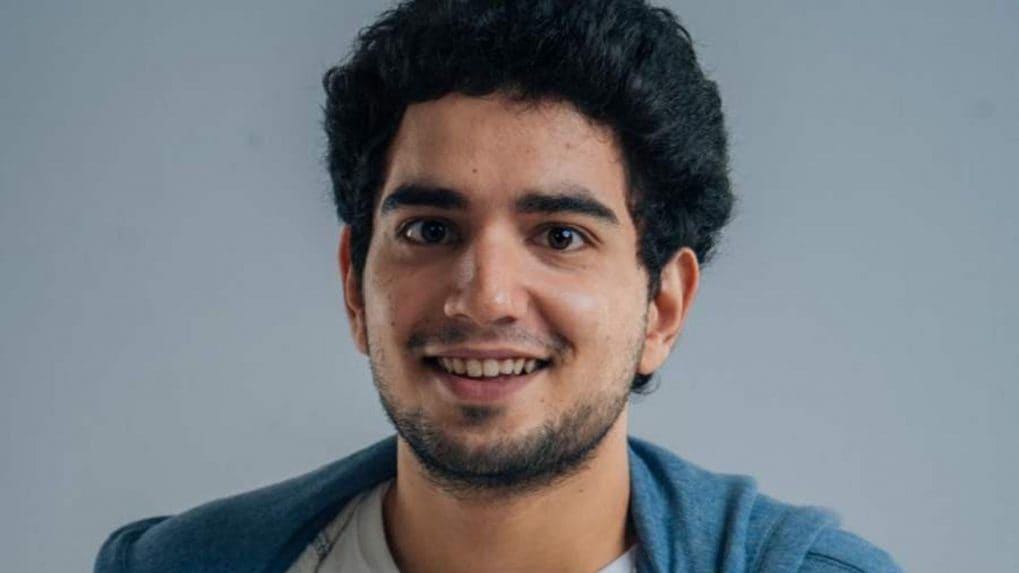How it Works
WPP, Havas, Omnicom: Are advertising’s biggest holdcos recasting agencies as AI Operating Systems?

The Supreme Court of India has directed prominent social media influencers, including Samay Raina, to issue public apologies for content that ridiculed persons with disabilities. The ruling comes amid growing scrutiny over online hate speech and the accountability of digital content creators.
Besides Raina, the other influencers named in the case are Vipul Goyal, Balraj Paramjit Singh Ghai, Sonali Thakkar and Nishant Jagdish Tanwar. As per the media reports, the bench, headed by Justice Surya Kant, emphasized that freedom of speech does not extend to content that demeans or insults marginalized communities.
“There are people who seek fundamental right of free speech. If there is such freedom, then we will curtail any speech which demeans another community,” the court observed.
The case was filed by the CURE SMA (Spinal Muscular Atrophy) Foundation of India, which submitted video evidence showing the influencers making derogatory jokes about individuals suffering from SMA and other disabilities. The foundation argued that such content amounts to hate speech and violates the constitutional rights of persons with disabilities under Articles 14 and 21, while also propagating harmful stereotypes and fostering societal insensitivity.
In addition to ordering apologies, the Supreme Court has asked the government to draft guidelines for social media platforms to regulate content that offends or ridicules disabled persons, women, children and senior citizens. This step is seen as a move toward structuring digital accountability and ensuring that creators cannot use the platform to propagate derogatory content under the guise of entertainment.
This is not the first time Samay Raina has faced judicial scrutiny for offensive remarks. Earlier, he and fellow influencer Ranveer Allahbadia were summoned over controversial comments made on the comedy show “India’s Got Latent".
From purpose-driven work and narrative-rich brand films to AI-enabled ideas and creator-led collaborations, the awards reflect the full spectrum of modern creativity.
Read MorePraveen Someshwar, Managing Director and CEO of Diageo India, joins the Grand Jury of the Storyboard18 Awards for Creativity, highlighting the awards’ focus on work that blends cultural relevance with strategic and commercial impact.